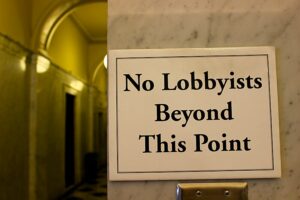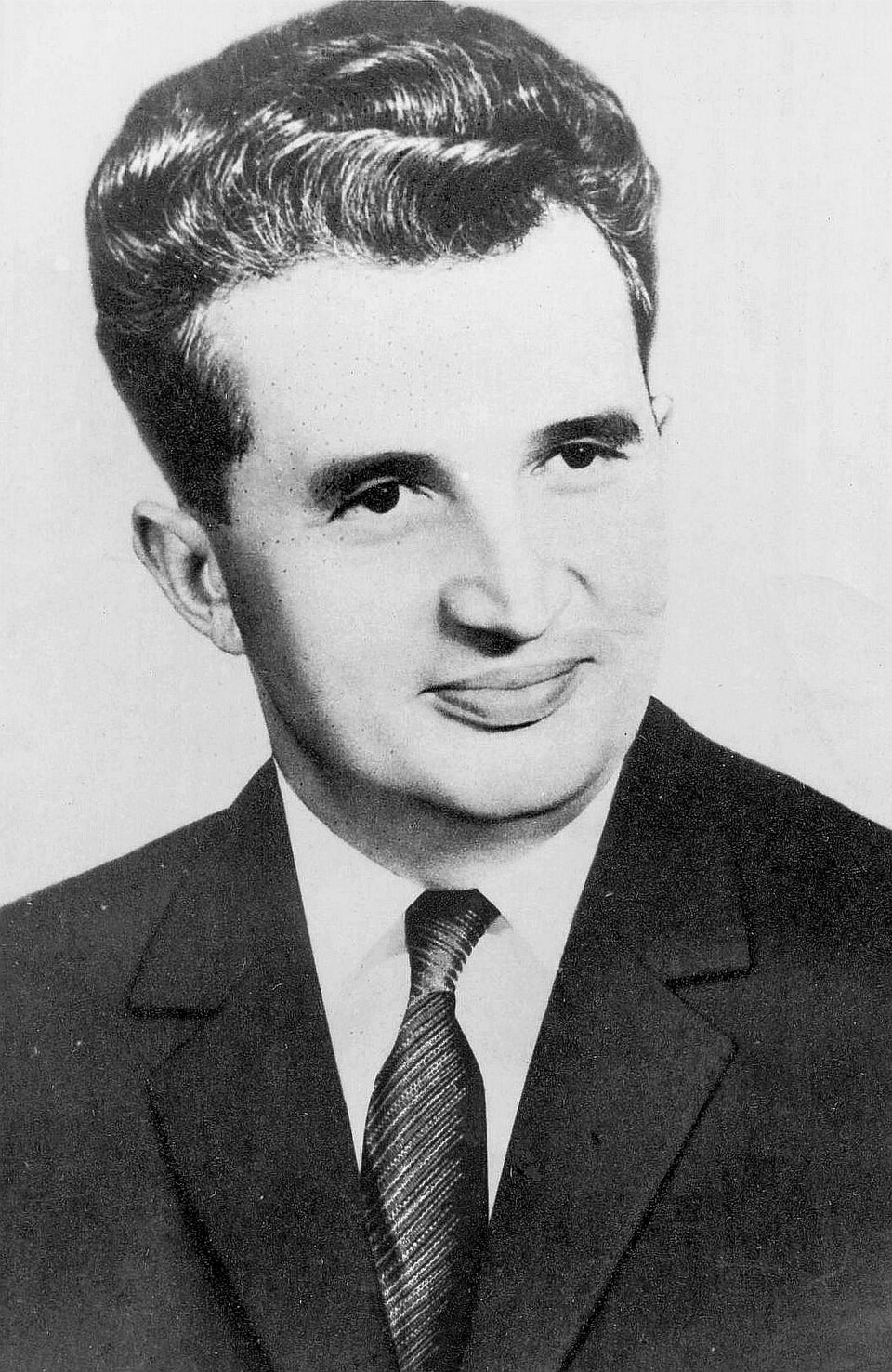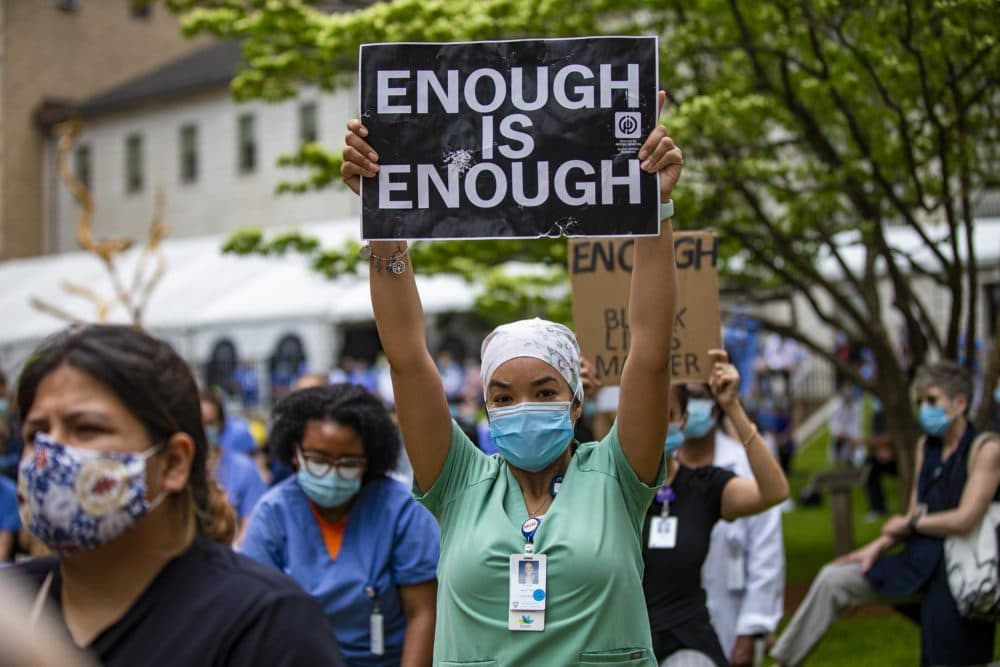
In the United States, November 2nd is Election Day. While the turnout for midterm elections is typically lower than that of presidential elections, it is nonetheless consequential. From governors’ races in New Jersey and Virginia to public safety concerns in Minneapolis, the 2021 election has voters deciding on a range of issues and facing a plethora of new voting restrictions. The events of the day fall under the rubric of political sociology, the study of political groups, leadership, and power within society. Let’s take a moment to dive into politics from a sociological perspective and, in the process, gain a better understanding of some of the challenges associated with the democratic process.
There are a variety of political systems around the world. Countries like Angola, Cuba, and Venezuela have dictatorships, a form of government by which political authority is controlled by a single person or political entity. On the other hand, Brunei, Saudi Arabia, and the United Arab Emirates are examples of absolute monarchy, a system in which the government is ruled by a monarch who has control of the government and state. This category is different from a constitutional monarchy in which a monarch is the Head of State, but the country is governed by a parliament. The U.S. is one of 23 fully democratic countries in the world. With democracy, the power is vested in the people and free elections are held. Elections, like the ones currently underway in the U.S., are a cornerstone of the democratic process.

The cornerstone of democracy is not without its fissures. Splits or creaks in the political process can be found by looking at some of the controversies that have plagued the U.S. system. One of the biggest in the 21st century has been around the issue of redistricting, changes in the boundaries of an electoral voting district. Also known as gerrymandering, it involves redrawing voting district maps. On the surface, this seems like a perfectly logical thing to do periodically because of social and demographic shifts in a region or territory. Unfortunately, the political boundaries that are typically created through redistricting usually benefit one political party over another or one group of people at the expense of another.
Efforts to restrict who can participate in the political process are not new. Historically, before minorities could cast their vote, they had to pay a poll tax, a fee members of the electorate must pay in order to participate in the voting process. These fees were levied against persons of color as part of a system of institutional racism and voter suppression. In 1964, the 24th Amendment to the U.S. Constitution made poll taxes illegal. Attempts at voter disenfranchisement through poll taxes still exist in Florida, where ex-felons — who are overwhelmingly minorities — must pay a fee before being allowed to participate in the political process.

Many contend that one way to improve the democratic process would be to ban lobbying, a process involving individuals who persuade legislators to vote for a special interest of their group. Lobbying is used by large groups and corporations to push politicians toward their particular agenda. Examples of groups that use lobbyists include the National Rifle Association (NRA), the American Association of Retired Persons (AARP), and the American Medical Association (AMA). Corporations that use lobbyists include Amazon, Facebook, and Lockheed Martin, just to name a few. The amount of money spent by groups and corporations through lobbying is staggering, with groups like the U.S. Chamber of Commerce and the National Association of Realtors spending $46 million and $32 million annually. Not surprisingly, 60% of Americans view lobbyists as having low ethics. These concerns are magnified when one realizes that sometimes lobbyists fundraise for the election of politicians they will eventually be soliciting for favors.
Fundamentally, the success of the democratic process is based on citizen political participation, actions to support government or politicians. Redistricting, poll taxes, and lobbying are just a few of the ways in which confidence in the democratic process is routinely challenged. In order for voters in the society to believe in the system, they must see that political leaders support democratic principles in both theory and practice.
Thompson is a co-owner of UITAC Publishing. UITAC’s mission is to provide high-quality, affordable, and socially responsible online course materials.
Images used in this blog:
- “Election Day at Pip Moyer Center” by Maryland Gov Pics is licensed under CC BY 2.0. This image has not been altered.
- “How to Steal an Election – Gerrymandering” by Steve Nass is licensed under CC BY-SA 4.0. This image has not been altered.
- “No Lobbyists Beyond This Point” by Daniel Huizinga is licensed under CC BY 2.0. This image has not been altered.




